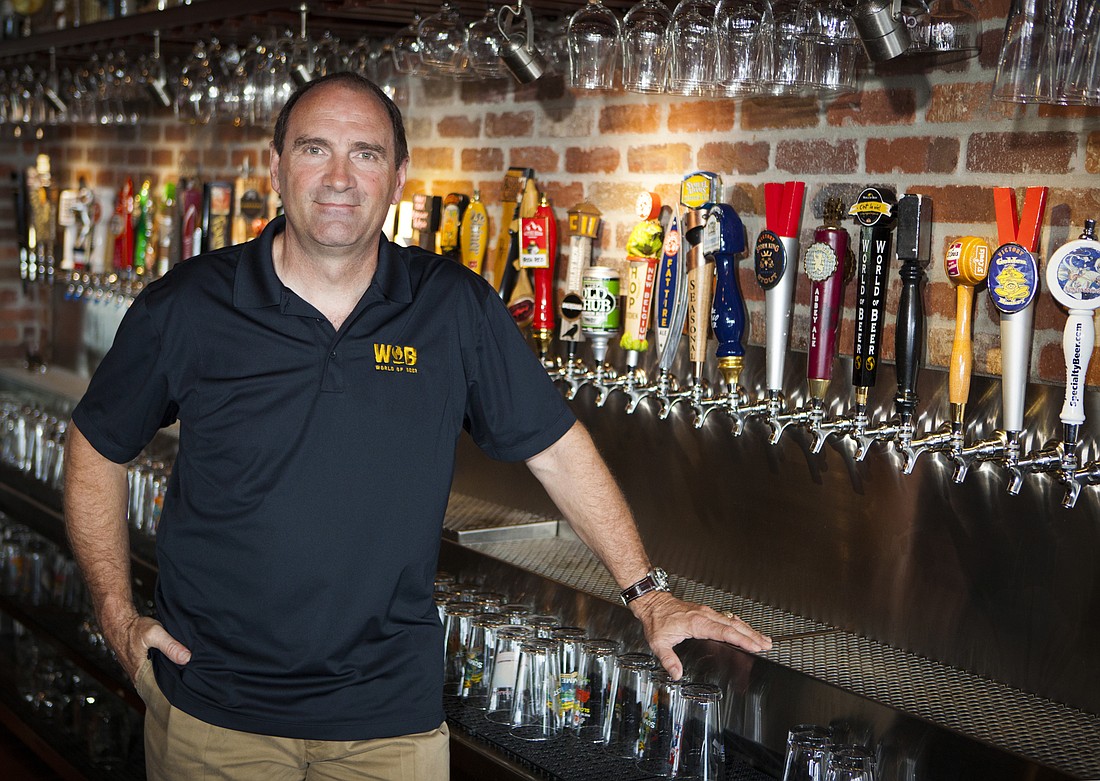- December 13, 2025
-
-
Loading

Loading

World of Beer, which started serving craft beers before craft beers were hipster-cool and millennial-trend worthy, is growing up.
The Tampa-based franchise bar and kitchen concept has evolved in a myriad of ways recently, culminating in two significant corporate hires: longtime Raymond James investment banker Kevin MacCormack was named CFO, and Hard Rock International executive James Buell was named vice president of marketing.